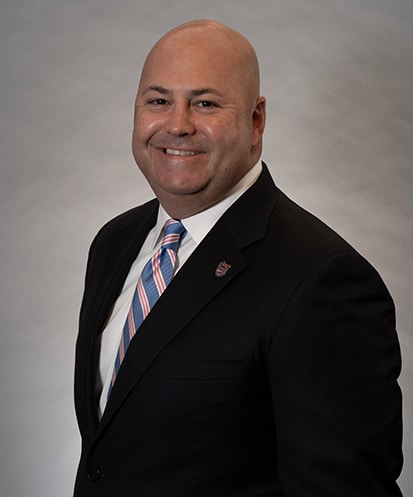What Is an “Expert Witness” in a Medical Malpractice Case?
 In almost every single medical malpractice case, the plaintiff will have to hire an expert witness to provide testimony. For the most part, anyone who does not have an MD at the end of their name will not be able to answer questions regarding your injuries, which is why you should seek a qualified medical expert to discuss these complex topics. This includes explaining why the defendant (a healthcare provider) was negligent in their actions, why the medical professional should be held liable for their actions, and why you should be compensated for your injuries.
In almost every single medical malpractice case, the plaintiff will have to hire an expert witness to provide testimony. For the most part, anyone who does not have an MD at the end of their name will not be able to answer questions regarding your injuries, which is why you should seek a qualified medical expert to discuss these complex topics. This includes explaining why the defendant (a healthcare provider) was negligent in their actions, why the medical professional should be held liable for their actions, and why you should be compensated for your injuries.
How is an expert witness vetted for a medical malpractice case?
Vetting a medical expert to ensure that they are in fact an expert is an important part of every medical malpractice case. The person you choose to be the expert should currently be practicing or teaching medicine or is recently retired from doing the same. It is also advantageous to pick a medical expert who is Board Certified the same medical field as the medical provider named as the defendant in your case. For example, if you are suing a hospital because of negligence related to surgical errors, your G.P. might not be the right expert witness for you.
Another important element is the person’s years of practice. Cross-examination is tough, and you want an expert medical witness who has the clinical experience to back up his or her assertions on cross. It also helps if the witness is still practicing, because it means he or she is up-to-date on the latest trends and findings in the medical community.
Can the expert be trusted with their testimony?
This is an important question – perhaps more important than you realize. Not all expert witnesses are equal. One way to make sure they can be trusted is to find out if they have been used as an expert witness in the past for the defendant in your case, or if the witness has been sanctioned in some way by state medical boards.
Do I always need an expert witness?
There will be circumstances where your medical malpractice case will not require the testimony from an expert witness. These are when the situation is so obvious that an expert’s testimony will not add anything substantial to the case. For example, if you had a surgical tool or cloth left inside your body by a surgeon, an additional expert witness will not need to testify. Other circumstances include the following:
The Catch-22: proving your witness is credible, while the other doctor is not
Two doctors with the same (or substantially similar) experience, expertise, and credentials testify at a medical malpractice hearing. One says the defendant was correct; the other says the defendant made a mistake. How does a jury decide which one to believe?
The expert witness hired to testify at your medical malpractice trial will be cutting down the credibility, views, and actions of the defendant and the defense’s own expert witnesses, all of whom are doctors. This is where a skilled medical malpractice attorney really shines. His or her job involves:
- Showing bias in both the defense and their experts
- Questioning all prior testifying experience
- Exposing any inflated credentials of the defendant and/or the witnesses
- Proving that experts’ assessments are made on assumptions as opposed to in-depth knowledge of the case at hand
- Showing that the methods or theories espoused by the defendant and/or the witnesses are considered outdated, or no longer reflect best practices
Expert witnesses can be a critical part of a medical malpractice claim. Preparation is key to ensuring that the defense’s witnesses are considered less experienced, biased, or otherwise less credible than those of the plaintiff.
Please contact Paulson & Nace, PLLC through this contact form or by calling 202-463-1999.
Related Articles
- Appeals in Medical Malpractice Cases Are Important
- Doctor Bias Is Real – and It’s a Serious Problem
- What Is the Difference Between “Duty of Care” and “Breach of Care”?
- Is It Ever “Okay” to Withhold Information from a Patient?
- See all posts on “Medical Malpractice“

Christopher T. Nace works in all practice areas of the firm, including medical malpractice, birth injury, drug and product liability, motor vehicle accidents, wrongful death, and other negligence and personal injury matters.
Read more about Christopher T. Nace.
